
Howard Melvin Fast was an American novelist and television writer. Fast also wrote under the pen names E.V. Cunningham and Walter Ericson.

William Dawes Jr. was an American soldier, and was one of several men who, in April 1775, alerted minutemen in Massachusetts of the approach of British regulars prior to the battles of Lexington and Concord at the outset of the American Revolution. For some years, Paul Revere had the most renown for his ride of warning of this event.

The Wine-Dark Sea is the sixteenth historical novel in the Aubrey-Maturin series by British author Patrick O'Brian, first published in 1993. The story is set during the Napoleonic Wars and the War of 1812.

Samuel Prescott was an American physician and a Massachusetts Patriot during the American Revolutionary War. He is best known for his role in Paul Revere's "midnight ride" to warn the townspeople of Concord, Massachusetts, of the impending British army move to capture guns and gunpowder kept there at the beginning of the American Revolution. He was the only participant in the ride to reach Concord.

I Am Charlotte Simmons is a 2004 novel by Tom Wolfe, concerning sexual and status relationships at the fictional Dupont University. Wolfe researched the novel by talking to students at North Carolina, Florida, Penn, Duke, Stanford, and Michigan. Wolfe suggested it depicts the American university today at a fictional college that is "Harvard, Yale, Princeton, Stanford, Duke, and a few other places all rolled into one."

El Dorado is a 1966 American Western film directed and produced by Howard Hawks and starring John Wayne and Robert Mitchum. Written by Leigh Brackett and loosely based on the novel The Stars in Their Courses by Harry Brown, the film is about a gunfighter who comes to the aid of an old friend who is a drunken sheriff struggling to defend a rancher and his family against another rancher trying to steal their water. The supporting cast features James Caan, Charlene Holt, Paul Fix, Arthur Hunnicutt, Michele Carey, R. G. Armstrong, Ed Asner, Christopher George, Adam Roarke and Jim Davis.

Colonel Loammi Baldwin was a noted American engineer, politician, and a soldier in the American Revolutionary War.
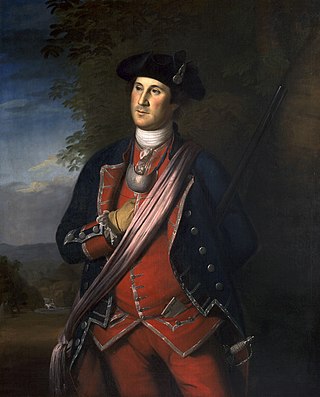
The Virginia militia is an armed force composed of all citizens of the Commonwealth of Virginia capable of bearing arms. The Virginia militia was established in 1607 as part of the English militia system. Militia service in Virginia was compulsory for all free males. The main purpose of the Crown's militia was to repel invasions and insurrections and to enforce the laws of the colony.

Minute Man National Historical Park commemorates the opening battle in the American Revolutionary War. It also includes the Wayside, home in turn to three noted American authors. The National Historical Park is under the jurisdiction of the National Park Service and protects 970 acres (392.5 ha) in and around the Massachusetts towns of Lexington, Lincoln, and Concord.
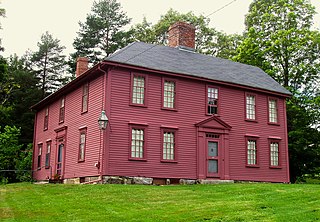
Munroe Tavern, located at 1332 Massachusetts Avenue, Lexington, Massachusetts, is an American Revolutionary War site that played a prominent role in the Battle of Lexington and Concord. It is now preserved and operated as a museum by the Lexington Historical Society, with exhibits highlighting the role and perspective of the British soldiers during the outbreak of the war. The house is open for guided tours on weekends starting in April and daily from Memorial Day weekend until the end of October.

The Gunpowder Incident was a conflict early in the American Revolutionary War between Lord Dunmore, the Royal Governor of the Colony of Virginia, and militia led by Patrick Henry. On April 21, 1775, two days after the Battles of Lexington and Concord, Lord Dunmore ordered the removal of the gunpowder from the magazine in Williamsburg, Virginia to a Royal Navy ship.

Howards End is a novel by E. M. Forster, first published in 1910, about social conventions, codes of conduct and relationships in turn-of-the-century England. Howards End is considered by many to be Forster's masterpiece. The book was conceived in June 1908 and worked on throughout the following year; it was completed in July 1910.
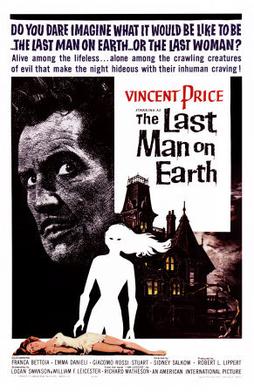
The Last Man on Earth is a 1964 post-apocalyptic science fiction horror film based on the 1954 novel I Am Legend by Richard Matheson. The film was produced by Robert L. Lippert and directed by Ubaldo Ragona and Sidney Salkow, and stars Vincent Price and Franca Bettoia. The screenplay was written in part by Matheson, but he was dissatisfied with the result and chose to be credited as "Logan Swanson". William Leicester, Furio M. Monetti, and Ubaldo Ragona finished the script.

The Battles of Lexington and Concord was the first major military campaign of the American Revolutionary War, resulting in an American victory and outpouring of militia support for the anti-British cause. The battles were fought on April 19, 1775, in Middlesex County, Province of Massachusetts Bay, within the towns of Lexington, Concord, Lincoln, Menotomy, and Cambridge. They marked the outbreak of armed conflict between the Kingdom of Great Britain and Patriot militias from America's thirteen colonies.
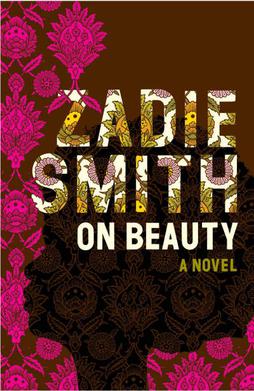
On Beauty is a 2005 novel by British author Zadie Smith, loosely based on Howards End by E. M. Forster. The story follows the lives of a mixed-race British/American family living in the United States, addresses ethnic and cultural differences in both the USA and the UK, as well as the nature of beauty, and the clash between liberal and conservative academic values. It takes its title from an essay by Elaine Scarry—"On Beauty and Being Just". The Observer described the novel as a "transatlantic comic saga".
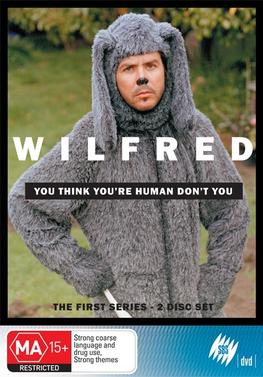
Wilfred is an Australian comedy television series created by Adam Zwar, Jason Gann and Tony Rogers based on their award-winning 2002 short film. The story follows the lives of the eponymous dog Wilfred, his owner Sarah, and her boyfriend Adam, who sees Wilfred as a man in a dog suit. It was directed by Tony Rogers, produced by Jenny Livingston and stars Gann, Zwar and Cindy Waddingham.
Baxter Hall (1757–1842) was a military officer in the Continental Army, and a militia captain, of significance to the American Revolution.
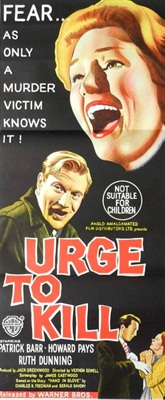
Urge to Kill is a 1960 British second feature serial killer film directed by Vernon Sewell and starring Patrick Barr, Ruth Dunning and Terence Knapp. The screenplay was by James Eastwood based on the 1942 novel Hughie Roddis and 1944 play Hand in Glove, both by Gerald Savory.
Thaddeus Bowman (1712-1806) was the last scout sent out by Capt. John Parker at Lexington, Massachusetts, but the only one to find the approaching British troops and get back to warn the militia on the first day of the American Revolution.

The Jacob Whittemore House is a historic American Revolutionary War site in Lexington, Massachusetts, United States. It is part of today's Minute Man National Historic Park. It is located on Airport Road, just off Battle Road. It is the only house of the "witness" houses of the April 19, 1775 battles of Lexington and Concord to fall inside the Lexington town line; the others are in Lincoln or Concord.


















